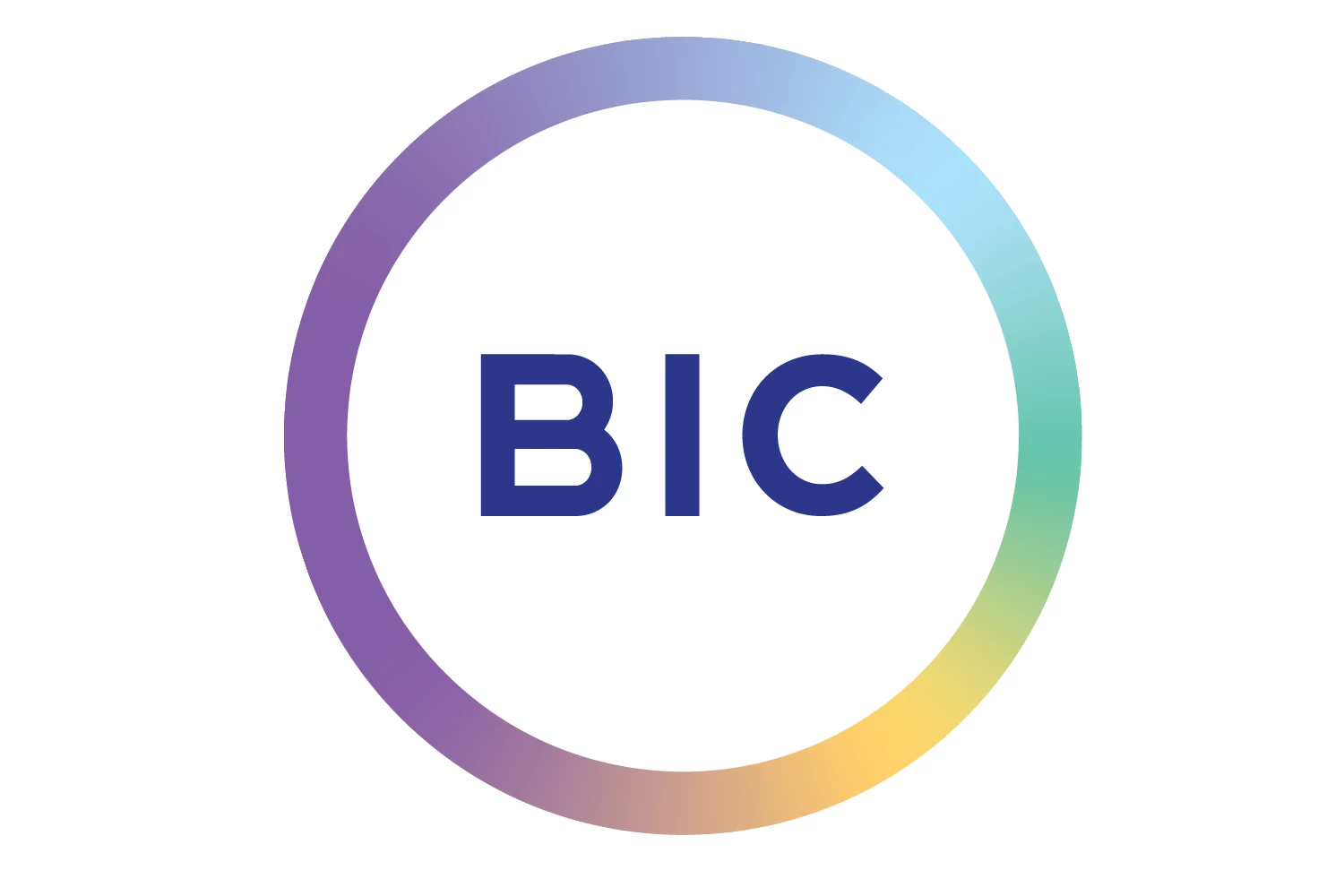
Member Article
Mind your own Business: Service Design in a B2B context
Data is hot property. Google are setting the bar high with their goal of ‘organising the world’s information’ and many businesses are following by adopting strategies of data acquisition for its own sake. At Livework we have coined the phrase ‘data is the new oil’ to describe this ‘data rush’ and the accompanying belief that data can have as great an impact on this century as oil had during the twentieth century.
Oil has fuelled our economies to a greater and greater extent as the raw material from the ground has been refined into a wider range of products. From aviation fuel to complex plastics, it is the range of applications that makes oil so valuable. The same applies to data. Properly refined, our relatively recent ability to share, store, compute, and analyze huge amounts of information can transform the way we live and work. However, we believe that in the case of data it will be services, not products that are developed using these rich sources of data that will create new value in the future. What we have seen at Livework as a result of our work with a number of data-rich organisations, is that blind faith in data does not always reap dividends. Data, whilst valuable, is a commodity, and an easily replicated one at that. Therefore as it becomes more widely available its value will drop. Businesses with data products often prop up the price with additional fields of information but this is simply another type of devaluation as the customer is getting more for the same price. We have helped our clients achieve the opposite – more revenue for less data by developing services around the information. These services provide additional value to customers by understanding how the data fits their business. They also help to avoid the commodification process.
This is where the process of refinement comes in. We need to refine the data into services. And these services need to meet the needs and issues of the businesses that information providers hope to sell. The issue is that, whilst the geek in all of us gets very excited about raw data, business customers are more interested in their business challenges. These challenges will be things like effective marketing campaigns, back office productivity, or asset management (among many more). Data owners need to think about helping to fix to their customer’s challenges rather than the number of data sets they can sell. This issue is pressing because as we are now all users of information technologies – on the web or over our mobile phones – we are getting used to data-based services resolving issues for us on a day-to-day basis. We use information about location, weather, and traffic conditions in ways that help us make decisions and fit well into our lives. We all know that information can be live, dynamic and personal to our life context. Business users deserve the same refinement of information and the accompanying value that it adds. If data providers do not adopt this kind of Service Thinking then they will be superceeded by more agile providers or by Google themselves. The opportunity is there for information businesses to significantly add value to their data assets by treating the provision of information as a service.
How much additional service provision is required to sufficiently refine data and deliver added value to customers varies, depending on the end user. Below we explore three types of refinement that we have developed for data-rich businesses into successful value-added new services:
1. Personalise.
In some cases sophisticated customers are used to buying data and the service opportunity is to help them personalise their use. This means enabling them to transform the data into their data with dynamic tools that help them get exactly what they need. This can make a service less dispensible to customers, as the act of personalisation is an investment by the customer in the service. As they personalise they are adding value to the data both for themselves and for the data owner. They get better results from their information and the data provider can develop a deeper understanding of customer requirements that help further refine the service.
Livework recently helped Experian launch its marketing information service Prospect Locator replacing older marketing list provision. Prospect Locator simply enables marketers to compile a list of prospective customers (and the information they need about each of them) and buy the list for a campaign. It is unique in the way that it enables users to easily adjust their search terms and refine their list dynamically before buying. This simple personalisation empowers the user to get exactly what they want extremely quickly. It also allows them to explore the range of data available. As the customer uses they build value through the repeated exchange of information. Prospect Locator has achieved a 30% increase in average revenue per user for Experian.
2. Augment.
A second set of users have their own information that is of paramount importance to them. This may be their customer database, stock list, or price index. The approach in this case is to augment that information with additional data that makes them more effective in their job. The key words here are ‘their job’ as this kind of service is often about aiding decision-making or enabling customers to be more productive. If you can do this, then your data is core to their business processes and therefore is of high value.
Euro Tax Glass are the market leader in used car price information – traditionally provided as a printed book. Glassnet, developed with Livework in 2008, is a new service that transformed Glass’s proposition from a data product to a service offering. Glassnet augments a dealers’ stocklist with live used car price data providing the dealer with an end-to-end stock management service covering purchases, valuation, and sales on a day-to-day basis informed by market conditions. Another Experian service Ledger 360 also augments customer data – in this case their sales ledger. Experian collect and aggregate large numbers of company sales ledgers, analyze the information and feed back to individual customers a risk analysis that augments their own ledger with a view of the exposure- and payment performance of each account holder. This service fits directly into the debt collection department’s workflow enabling them to prioritize collections and withhold or extend credit based on the Experian information. Pertinent and well-presented data enables business critical decisions to be made more quickly and with less risk.
3. Empower.
A third set of users are not so data-savvy. They know they want to achieve something but do not have the knowledge or skills to use raw data and need an ‘out of the box’ solution. This type of service builds a more comprehensive package on top of the data to enable a new group of customers to do something that was previously out of their reach. The value in this case is to access new markets for information that were previously untapped.
Yellow pages has always been a repository of small business information, and like Glass’s guide, traditionally came in paper form. Yell have taken this information online as a service that, like the directories, provides an advertising channel for businesses. Livework helped Yell take this a step further to enable smaller businesses to run targeted marketing campaigns. For Yell customers we realized that we needed to take sophisticated marketing data – like that sold through Prospect Locator – and refines it further by not only improving the access to the information but also helping customers employ it is a marketing campaign.
Yell Direct Marketing Service is a simple way for smaller businesses to create and run a marketing campaign. It gives them tools to hone their message, similar to the yellow pages ads, but then enables them to target high-potential customers and track the effectiveness of their campaign. Yell have levelled the playing field for small businesses giving them access to a level of sophistication previously only available to larger firms.
The trick
What all of these examples have in common is a focus on identifying how the data can resolve the issues of the end user and business customer. They all add value to the data by making it personal to the user, ensuring it augments the core business processes of the customer and if necessary enabling them to do things that they couldn’t previously achieve. The data is key – for without accurate, high-quality information the services would fail – but the service adds value to the data by making sure that it is of value to the customer.
Data, like oil, can be refined in different ways for different applications. The trick is to work out the customer need and then build services around the information to meet that need in a way that helps them address their business challenges.
This was posted in Bdaily's Members' News section by Ben Reason .



 How advancements in technology are shaping the future of the economy in North East England
How advancements in technology are shaping the future of the economy in North East England
 South Yorkshire Craftsmanship and Innovation: A Tale of Heritage and Growth
South Yorkshire Craftsmanship and Innovation: A Tale of Heritage and Growth
 Demystifying Degree Apprenticeships
Demystifying Degree Apprenticeships
 Industry-focused apprenticeships pave the way for a bright future in science manufacturing
Industry-focused apprenticeships pave the way for a bright future in science manufacturing
 What’s the best hosting plan for a business website?
What’s the best hosting plan for a business website?